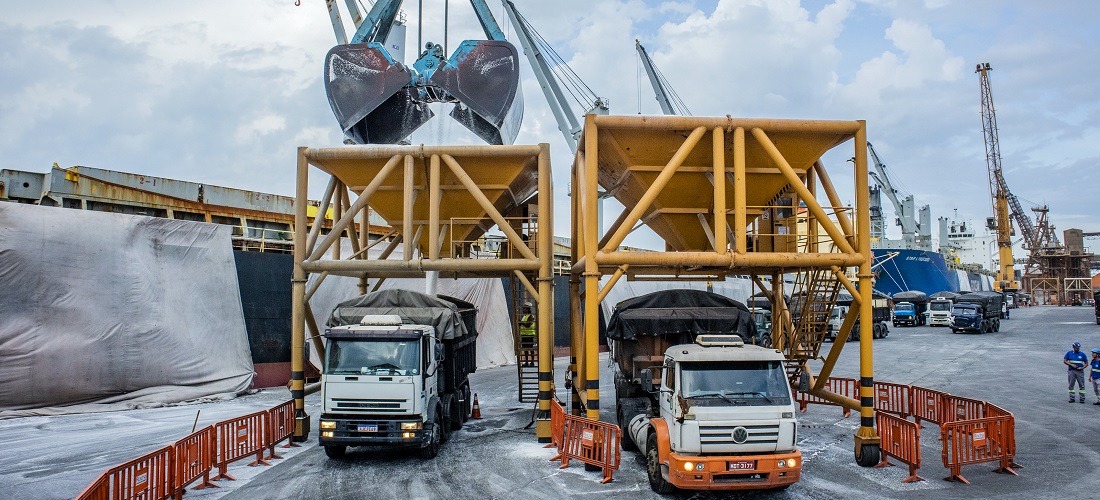
‘BR do Mar’ could lead to 4% reduction in basket of goods
Dec, 22, 2021 Posted by Gabriel MalheirosWeek 202149
The cut in the rates of the additional merchant fleet renewal freight (AFRMM), included in the base text of the “BR do Mar” law, which regulates coastal shipping, can make the staple food basket cheaper by nearly 4% and have a positive impact in the Brazilian GDP by 0.2%.
“These figures may seem small, but one must consider that the federal government holds a tax expense linked to the PIS/Cofins exemption on basic food basket items, which annually costs nearly R$ 17.6 billion”, officially stated the Ministry of Economy. This tax benefit has already reduced prices by around 7%, according to the Ministry’s representatives.
The new law was passed by Congress last week and is awaiting to be sanctioned by President Jair Bolsonaro. In the long-haul transport of goods, which are the bulk of operations, the rate was reduced from 25% to 8% on freight. AFRMM is charged for the transportation of imported items.
“A significant portion of our domestic production relies on the use of intermediate goods and imported inputs”, commented the Undersecretary of Fiscal Policy at the Ministry of Economy, Erik Figueiredo. “The removal of part of the transportation cost represents a significant impact.”
As for agriculture, the cost reduction usually stems from a reduction in the prices of fertilizers and pesticides. According to the statement released by the Ministry of Economy, urea transportation between the Black Sea and the port of Paranaguá (PR), which costs US$ 31 a ton, increases to US$39 with an AFRMM incidence rate of 25%. “Urea directly affects the price of wheat, corn, and beans, common products in Brazilian food consumption”, he says.
The situation in which the ARFMM is more prominently collected is in the import of fertilizers, informed Renato Conchon, coordinator at the “Núcleo Econômico da Confederação de Agricultura e Pecuária do Brasil”, an economics agribusiness interest group. “The reduction in freight costs has a good potential of boosting Brazilian economic activity,” he said. He also believes that it will benefit not only agribusiness outputs, such as soy, corn, or cotton but also crops aimed at the domestic market, such as vegetables.
Source: Valor Econômico
To read the full original article visit the link: https://valor.globo.com/brasil/noticia/2021/12/22/corte-de-adicional-de-frete-maritimo-deve-reduzir-cesta-basica-em-4.ghtml
-
Ports and Terminals
Mar, 14, 2019
0
Santos container terminal productivity down by 20% as dockers strike continues
-
Ports and Terminals
Mar, 19, 2020
0
Brazil’s agribusiness associations seek assurances for port logistics to be maintained
-
Ports and Terminals
Nov, 18, 2019
0
Port of Paranaguá hits new record shipment of grains in a single ship
-
Ports and Terminals
Feb, 25, 2021
0
2021 Port of Santos cargo handling off to a great start

